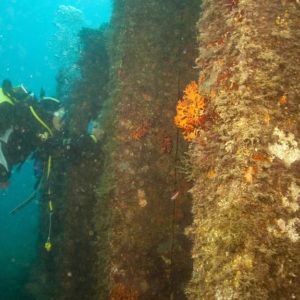Description
Sampling upon request of the North Sea Belgian Zone, either with research vessel or diving team.
Habitat types:
- Littoral Rock and other hard substrates (intertidal) in northern France, Belgium and the Netherlands (natural and artificial hard substrates)
- Littoral sediment (intertidal) in northern France, Belgium and the Netherlands (sandy beach and tidal flat)
- Infralittoral Rock and other hard substrata in northern France, Belgium and the Netherlands (natural and artificial hard substrates)
- Circalittoral rock and other hard substrata in northern France, Belgium and the Netherlands (muddy to coarse sands)
- Sublittoral sediment in the North Sea (focus on Belgian Part of the North Sea)
- Sublittoral gravel beds in the North Sea (focus on Belgian Part of the North Sea)
- Deep-sea bed in the NE Atlantic (focus on NE Atlantic)
- Pelagic water column in the North Sea and the NE Atlantic (focus on Belgian Part of the North Sea)
- Ice-associated marine habitats
- Coastal dunes and sandy shores
- Subtidal artificial hard substrates in the Belgian Part of the North Sea (shipwrecks, windmill farms)
- Intertidal artificial hard substrates in the Belgian Part of the North Sea (groins, harbour walls)
- Special: artificial hard substrate garden in the Belgian Part of the North Sea: This is an in-situ experimental platform, spanning the water column, for experimental research with artificial hard substrates





